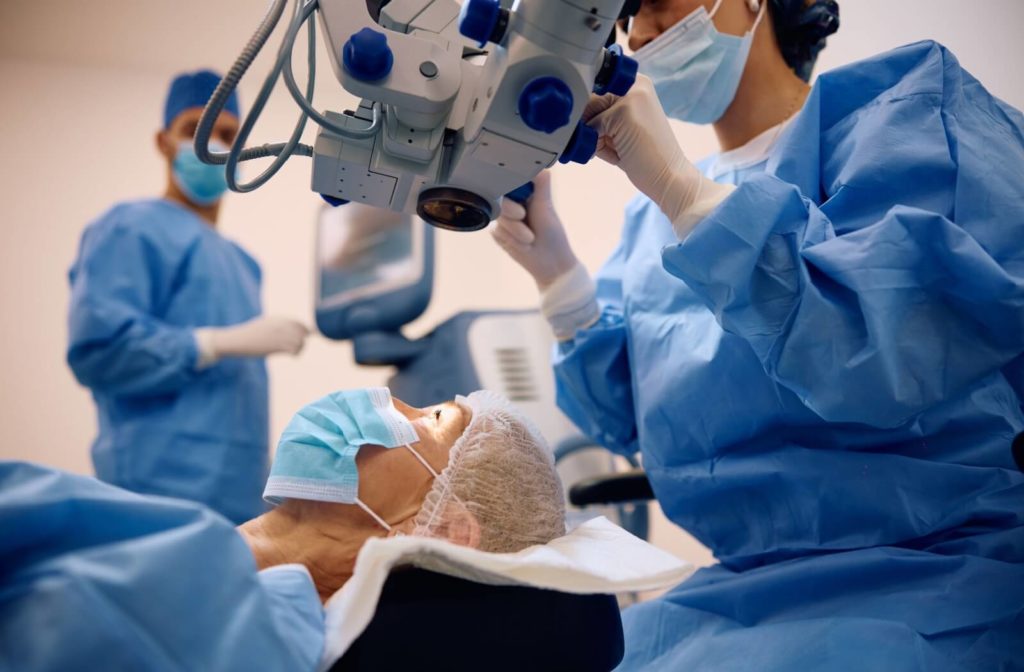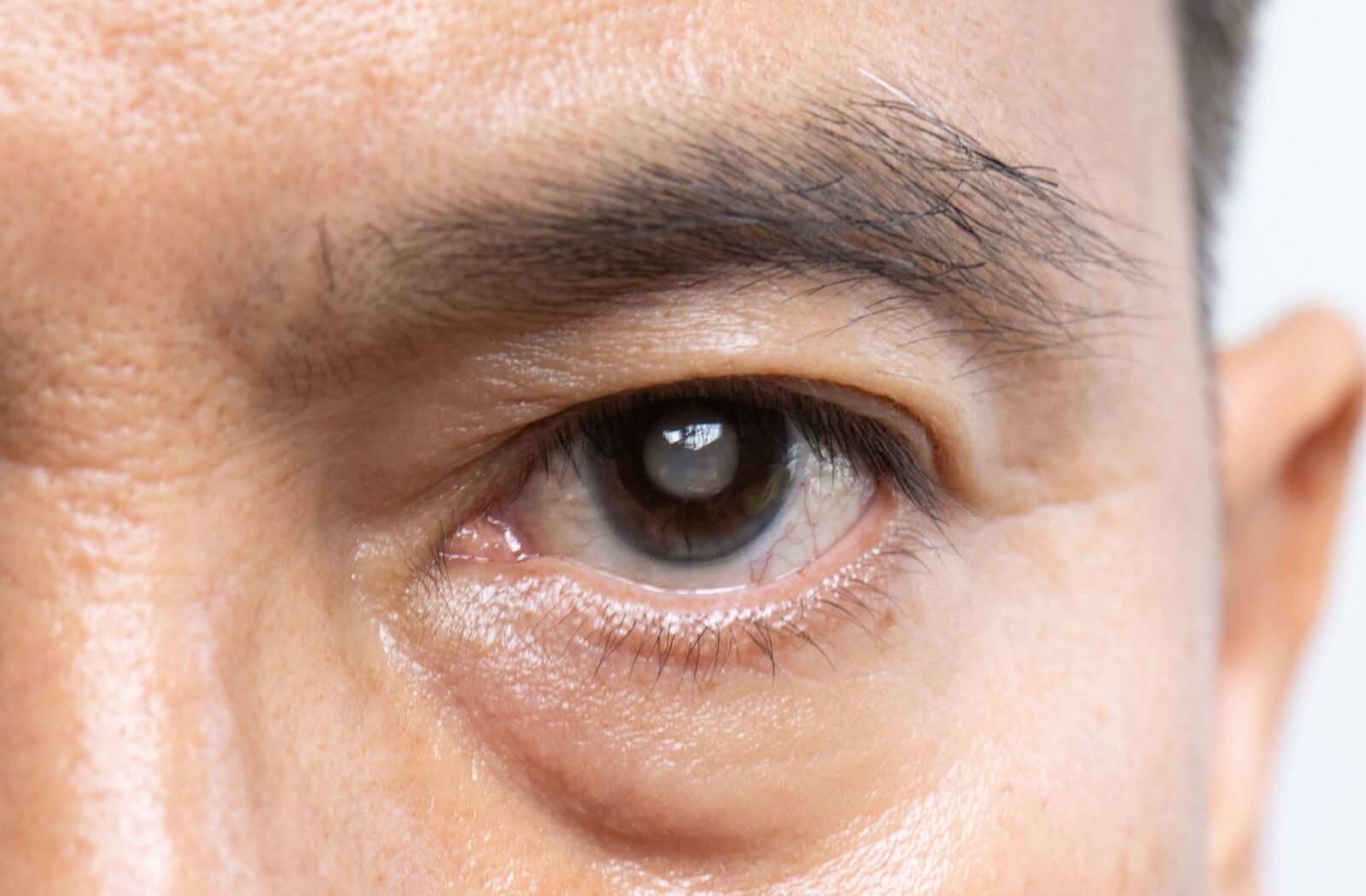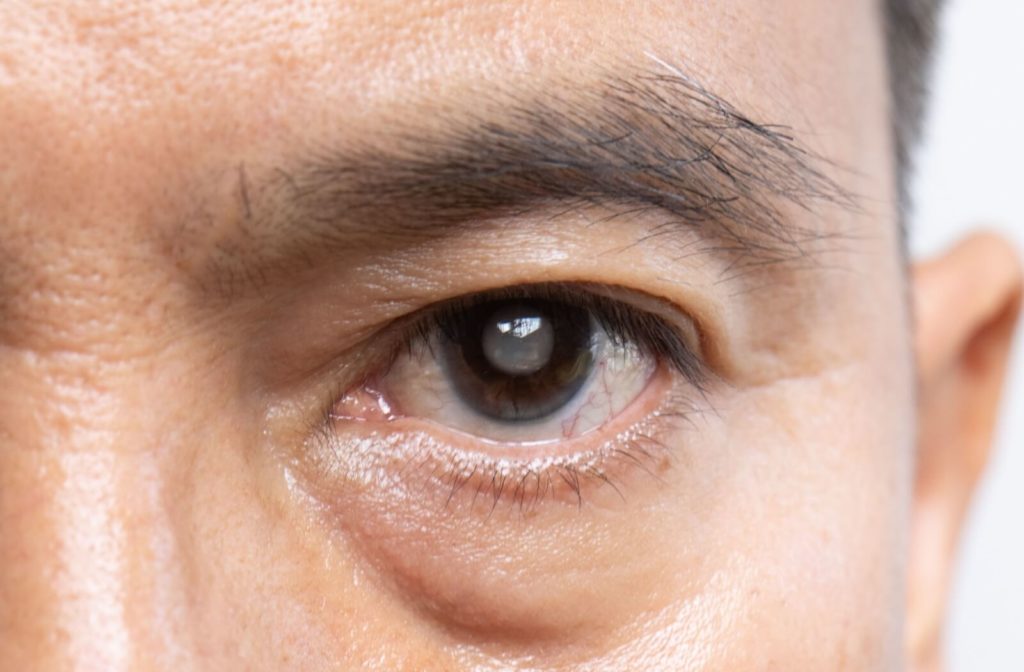Cataract surgery, a globally renowned and successful procedure, typically enhances vision by replacing the cloudy lens with an artificial one.
Many people wonder if cataracts can come back after surgery. While the answer is no—since the cloudy lens is permanently replaced—some may experience Posterior Capsule Opacification (PCO), which can cause similar symptoms.
At Henderson Vision Centre, we’re passionate about helping you achieve clear vision through our highly successful referrals for cataract surgery, which replaces the cloudy lens with a bright, artificial one.
Rest assured, our friendly and professional team is here to provide exceptional care and expertise to keep your vision vibrant and healthy. Trust us to be your partners in eye care excellence.
Understanding Cataracts
Cataracts occur when the eye’s lens becomes cloudy, leading to blurred or diminished vision. This condition is most commonly associated with aging, as the proteins in the lens naturally start to break down and clump together, causing cloudiness. However, cataracts can also develop due to other factors such as eye injuries, chronic illnesses like diabetes, or the long-term use of certain medications, such as corticosteroids.
People with cataracts often experience symptoms like faded colors, glare or halos around lights, and difficulty seeing at night, which can significantly impact daily activities such as reading, driving, and recognizing faces. The progressive nature of cataracts can lead to increased frustration and decreased quality of life.
Fortunately, cataracts are treatable through surgical procedures that replace the cloudy lens with a clear artificial one, restoring vision. This surgery is highly effective and typically performed on an outpatient basis, allowing patients to return to their daily routines with improved sight. Regular eye exams and early detection are crucial for managing cataracts and maintaining optimal vision health.

Cataracts Surgical Process
Cataract surgery involves the careful removal of the eye’s clouded natural lens to restore clear vision. This lens, affected by a cataract, is replaced with a durable artificial intraocular lens (IOL), crafted from materials like silicone or acrylic, designed for lifelong clarity.
While the original cataract won’t return, some conditions can arise after surgery. Posterior Capsule Opacification (PCO), often called a “secondary cataract,” is a common issue, along with potential complications such as inflammation, infection, bleeding, swelling, retinal detachment, and increased eye pressure.
Existing eye conditions, like glaucoma or diabetic retinopathy, may also influence surgical outcomes, requiring additional care.
Regular follow-up visits with an eye care professional are important to detect and address any complications early, making sure of the continued success of the surgery and the preservation of clear vision.
Posterior Capsule Opacification (PCO)
Posterior Capsule Opacification (PCO) is a common condition often mistaken for a return of cataracts. Referred to as a “secondary cataract,” PCO is not a true cataract.
During cataract surgery, the surgeon removes the cloudy lens but retains the back part of the lens capsule to support the new intraocular lens. Over time, cells can form on this capsule, leading to cloudiness and impaired vision.
Symptoms of PCO include blurred vision, glare or halos around lights, and difficulty reading or seeing in bright conditions.
Treatment For PCO
Fortunately, PCO is treatable with a YAG laser capsulotomy. This swift, non-invasive procedure uses a laser to create a small opening in the cloudy capsule, targeting the affected area precisely without harming surrounding eye structures.
By clearing this obstruction, light can once again pass unobstructed to the retina, restoring clear and sharp vision.
YAG Laser Capsulotomy
YAG laser capsulotomy is an outpatient procedure, allowing you to leave the hospital the same day. The process is quick, typically lasting only a few minutes, and requires no incisions. Most patients notice an immediate enhancement in their vision after the treatment.
Recovery is usually rapid, permitting patients to resume their regular activities almost at once, though it’s advisable to refrain from strenuous activities for a short time. Discomfort is minimal, and the likelihood of complications is very low. Follow-up appointments might be arranged to confirm the treatment’s success and check overall eye health.
This efficient and effective procedure allows patients to maintain long-lasting, clear vision after cataract surgery with minimal downtime.
Experiencing Life After Cataract Surgery
While cataracts themselves do not return after surgery, patients might encounter Posterior Capsule Opacification (PCO), a condition that mimics cataract symptoms. Fortunately, PCO is readily addressed with a simple laser procedure. If you experience any alterations in your vision post-surgery, it’s important to consult with your eye care professional to identify the issue and determine the best course of action.
Continuing with regular eye examinations and a healthy lifestyle plays a significant role in preserving your eye health after surgery. If you have any inquiries or concerns regarding cataract surgery or your overall eye health, don’t hesitate to reach out to a healthcare expert for tailored guidance.
At Henderson Vision Centre, safeguarding your vision is our foremost concern. If you’ve noticed any changes in your vision after cataract surgery, don’t wait—book a consultation with our experienced team today.



